After the recent floods in Chilmari, Kurigram, Aman farmers are facing severe difficulties in cultivating their crops this season due to a lack of rain and an ongoing drought. The rice seedlings planted in the fields are suffering under the intense heat, with many turning yellow and drying out. The Upazila Agricultural Extension Office has set a target for Aman cultivation at 8,120 hectares, but so far, only 5,200 hectares have been planted. The remaining 2,920 hectares are yet to be cultivated. The drought has slowed down the planting process, forcing farmers to rely on irrigation pumps to prepare their land, which has significantly increased their expenses compared to last year.
In the Patrakhata field of Sadar Upazila, farmers are seen preparing their land for planting rice seedlings using shallow machines and electric irrigation. The situation is dire, with fields like Dangarchar Bill, usually filled with water during the rainy season, now completely dry. Farmers such as Akkas Ali, Majedul Islam, and Shaukat Ali are planting rice under challenging conditions, facing the prospect of financial losses due to the high cost of irrigation. The lack of rainfall has left much of the land uncultivated, and many farmers are frustrated, expressing concerns about the viability of farming as a sustainable livelihood.
Tajrul Islam, a local resident, shared that he is preparing his paddy land using shallow machine irrigation, but the high cost of diesel, now at Tk 110 per liter, is a significant burden. Despite the stable prices of chemical fertilizers, farmers like Tajrul feel that a reduction in fuel costs would be beneficial. Siddique Ali, another farmer, highlighted the disruption caused by the drought, noting that each irrigation for Aman cultivation costs between Tk 300-400, adding an additional expense of Tk 8,000-10,000 per bigha of land.
Farmer Safiul Islam, who typically cultivates 6-7 bighas of Aman, lamented the poor quality of seedlings this year, exacerbated by flood damage to seedbeds. He is now forced to rely on seedlings from the market, uncertain about their growth potential. Despite these challenges, the Upazila Agriculture Extension Officer, Kumar Pranoy Bishan Das, remains hopeful. He mentioned that September is still a critical time for planting, and many farmers are waiting with seedlings. If rain arrives soon, there is still a chance for the farmers to plant their paddy and salvage the season.



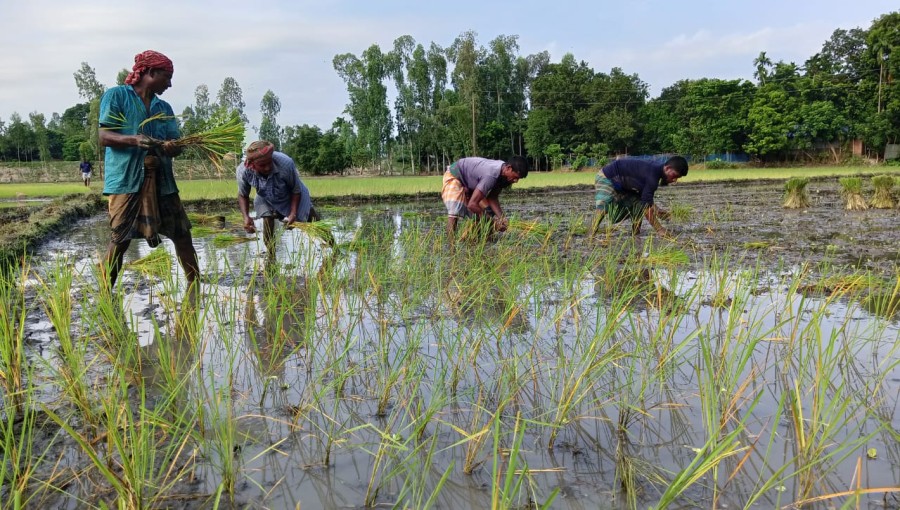
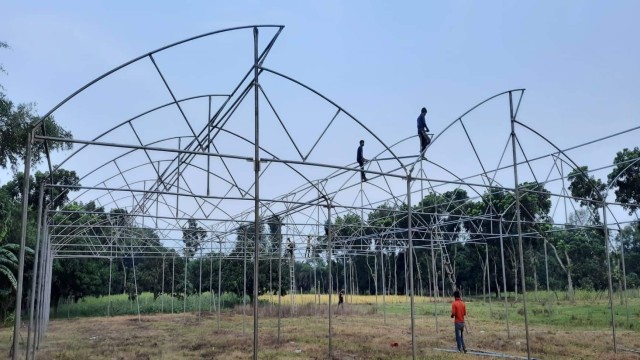
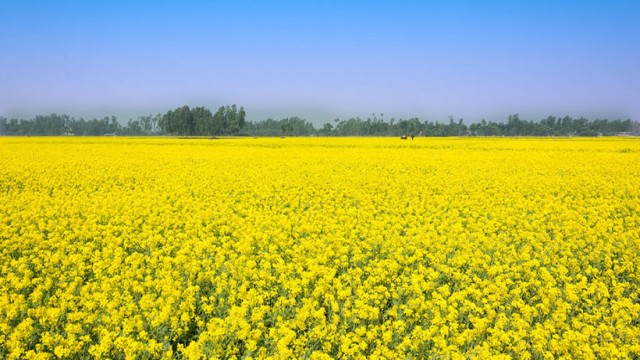
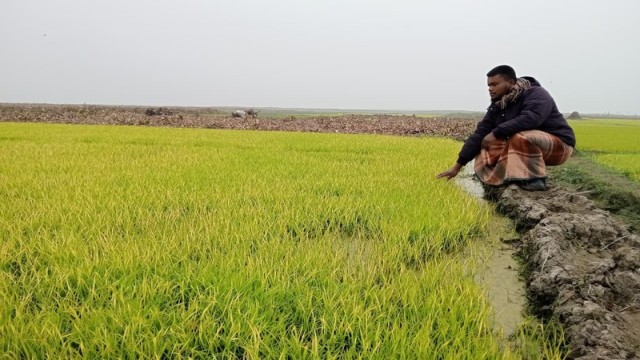
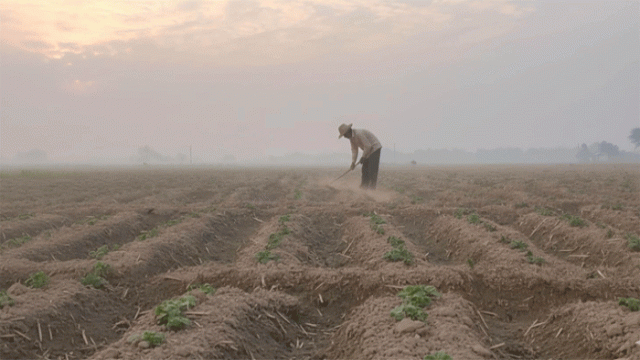
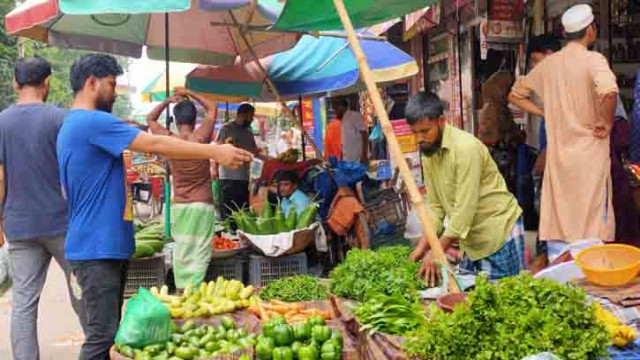
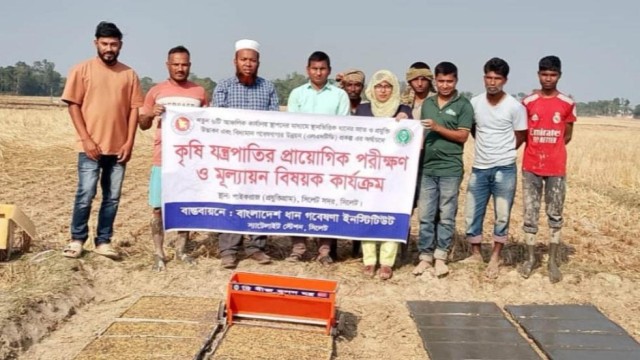
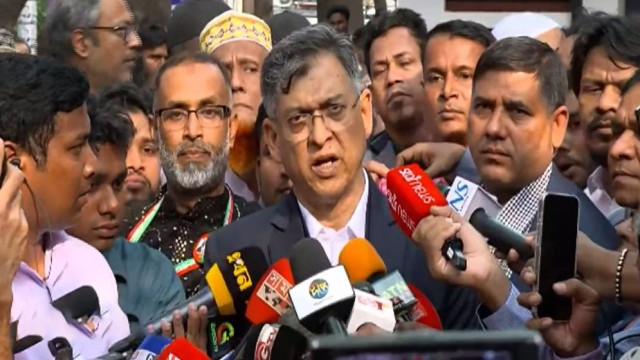
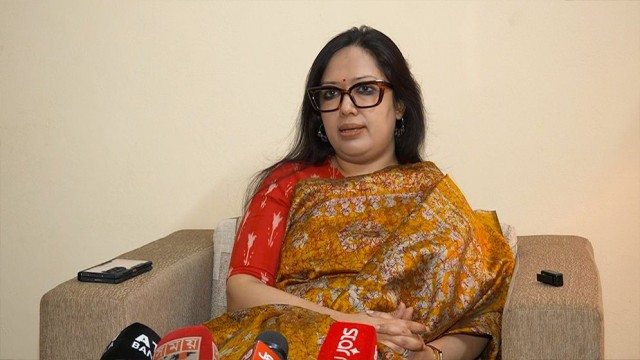

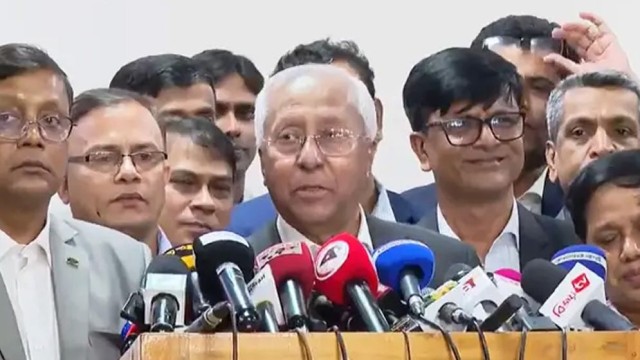

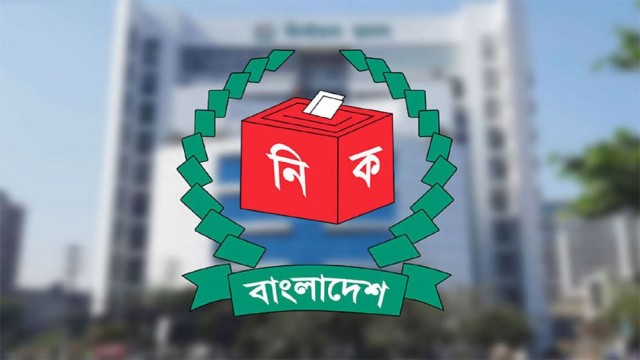
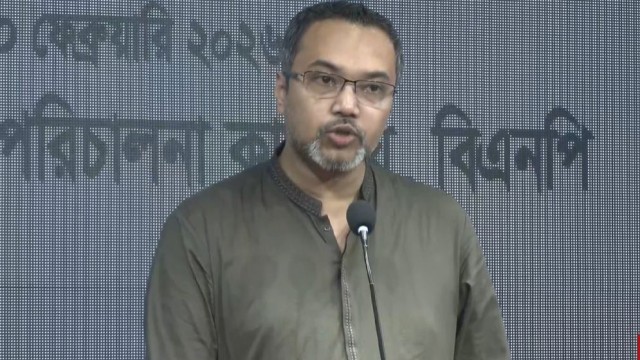
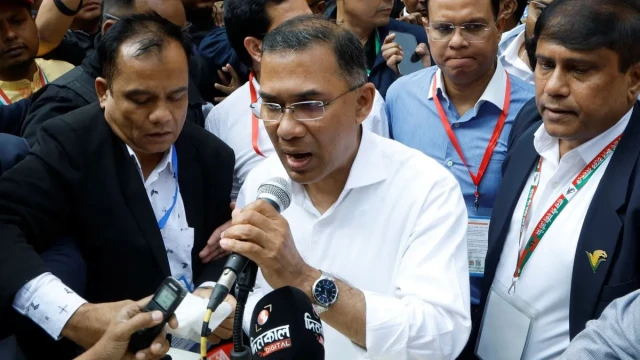













Comment: